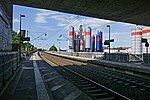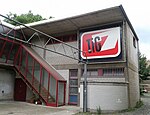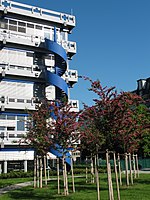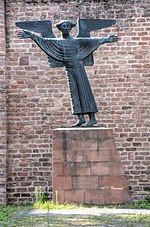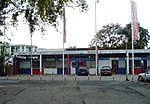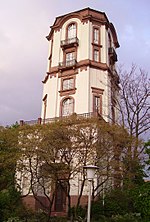The Mannheim Centre for European Social Research (MZES) is an interdisciplinary research institute of the University of Mannheim, founded in 1989. It is located in the square A5 of the city of Mannheim nearby the Mannheim Palace.
The institute devotes itself to research on societal and political developments in Europe. Research focus is located in comparative research on Europe and the investigation of the European integration. The MZES mainly carries out basic research, financed by external funds from the German national research foundation (Deutsche Forschungsgemeinschaft), foundations promoting scientific research, and research funds from the European Union. Furthermore, the MZES, closely related to the School of Social Sciences of the University of Mannheim, gives training and support to young social scientists, when starting their scientific careers. At present, approximately 80 social scientists and 60 students are working at the MZES. Thus, the MZES is the largest institute of the University of Mannheim, and the largest research institute of a German university in the field of the social sciences.
From 1989–1998 the institute was composed of four work units:
I Social structure and the Welfare State
II Elections and Policy Research
III Political and Social Integration
IV German Democratic Republic / East Europe (1992 to 1998)In 1999, these four work units were reduced to two research departments:
Research Department A, The European Societies and their Integration: since December 2021 directed by the sociologist Marc Helbling.
Research Department B, The European Political Systems and their Integration: since February 2022 directed by the political scientist Thomas Bräuninger.The director and the heads of the research departments together form the executive board of the institute. The activity of the executive board and the institute is controlled by a supervisory board. The institute's research program is outlined for three years and evaluated by an international scientific advisory board. An annual report informs about the institute's activity.
